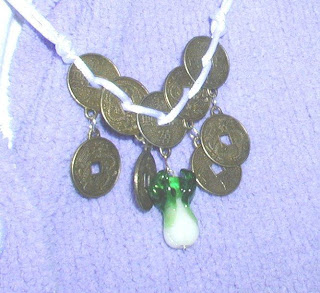
Please consider the following from the World Watch Institute:
A Necessary Eyesore?
Plastic shopping bags are among the most ubiquitous consumer items on Earth. Their light weight, low cost, and water resistance make them so convenient for carrying groceries, clothing, and other routine purchases that it's hard to imagine life without them. Weighing just a few grams and averaging a few millimeters in thickness, plastic bags might seem thoroughly innocuous—were it not for the sheer number produced. Factories around the world churned out a whopping 4-5 trillion of them in 2002, ranging from large trash bags to thick shopping totes to flimsy grocery sacks.
Compared with paper bags, producing plastic ones uses less energy and water and generates less air pollution and solid waste. Plastic bags also take up less space in a landfill. But many of these bags never make it to landfills; instead, they go airborne after they are discarded—getting caught in fences, trees, even the throats of birds, and clogging gutters, sewers, and waterways. To avoid these impacts, the best alternative is to carry and re-use your own durable cloth bags.
Plastic bags start as crude oil, natural gas, or other petrochemical derivatives, which are transformed into chains of hydrogen and carbon molecules known as polymers or polymer resin. After being heated, shaped, and cooled, the plastic is ready to be flattened, sealed, punched, or printed on.
The first plastic “baggies” for bread, sandwiches, fruits, and vegetables were introduced in the United States in 1957. Plastic trash bags started appearing in homes and along curbsides around the world by the late 1960s.
North America and Western Europe account for nearly 80 percent of plastic bag use—though the bags are increasingly common in developing countries as well.
A quarter of the plastic bags used in wealthy nations are now produced in Asia.
Each year, Americans throw away some 100 billion polyethylene plastic bags. (Only 0.6 percent of plastic bags are recycled.)
The Irish have been known to call the ever-present bags their “national flag”; South Africans have dubbed them the “national flower.”
The "true beauty" of these bags is that these bags, if not recycled, will last for 1000 years OR more! 100 BILLION BAGS PER YEAR!
OPT FOR a stylish alternative to plastic! www.fashiongreentbags.etsy.com
